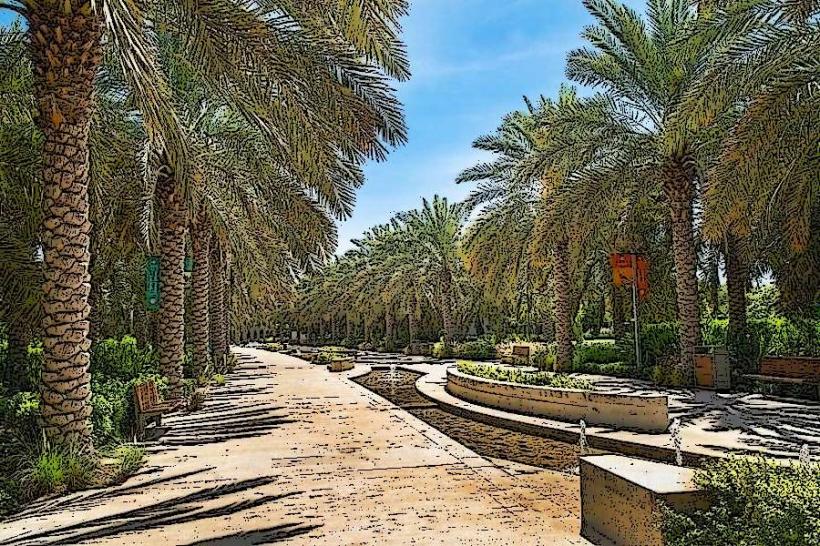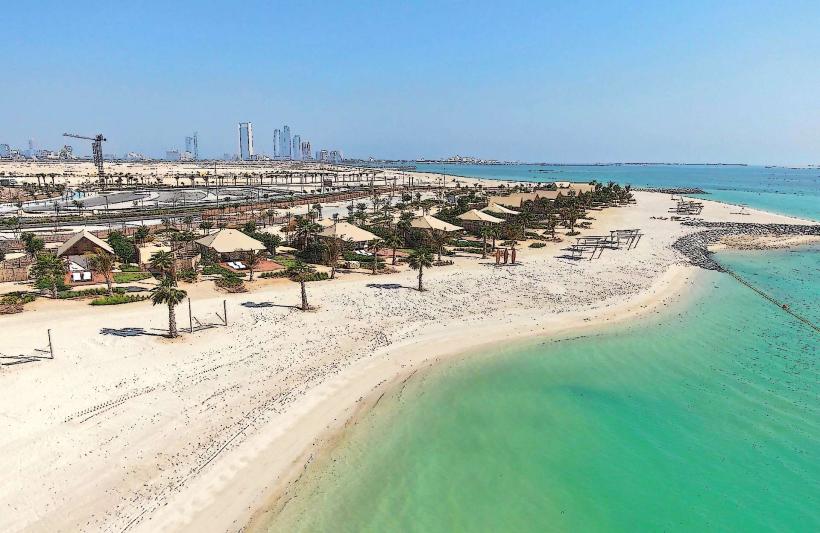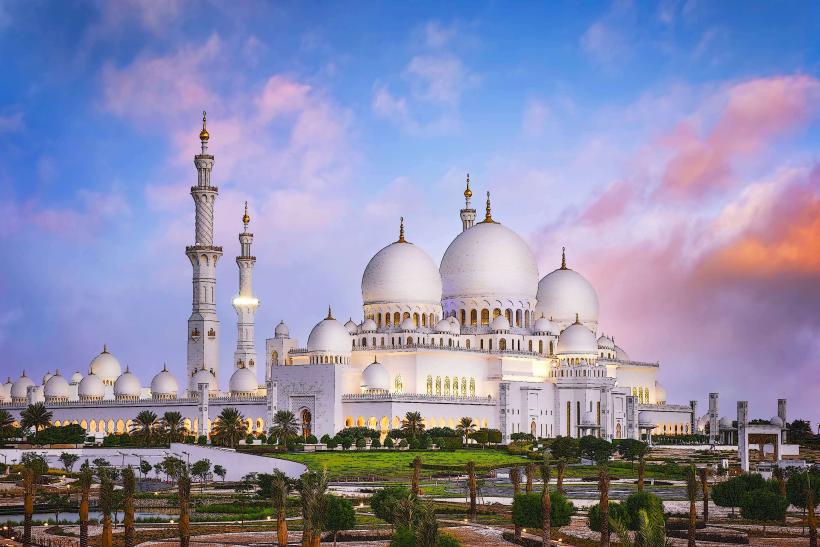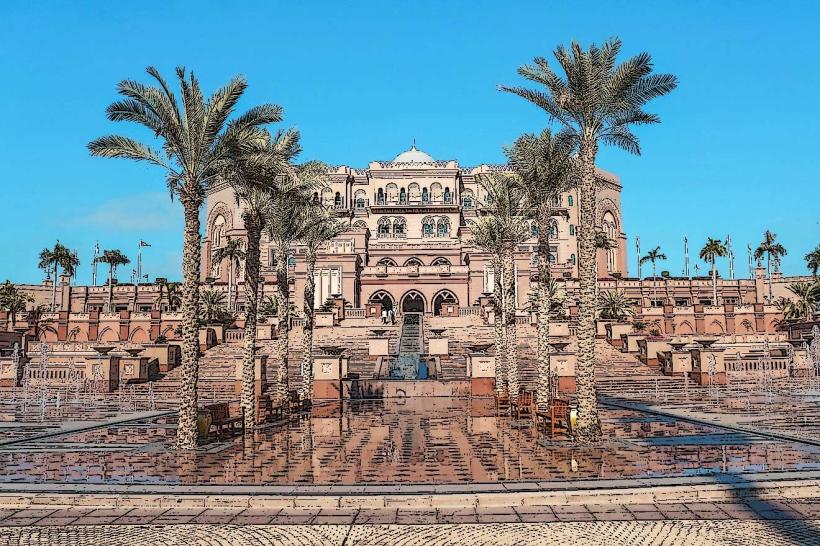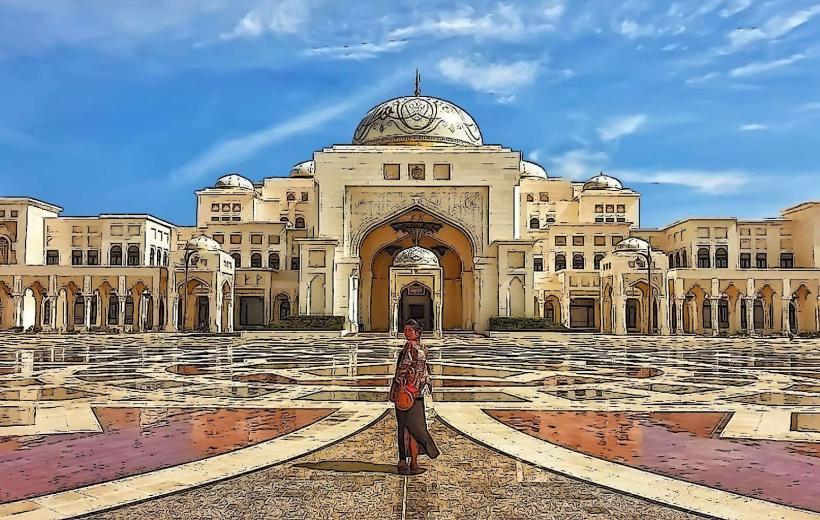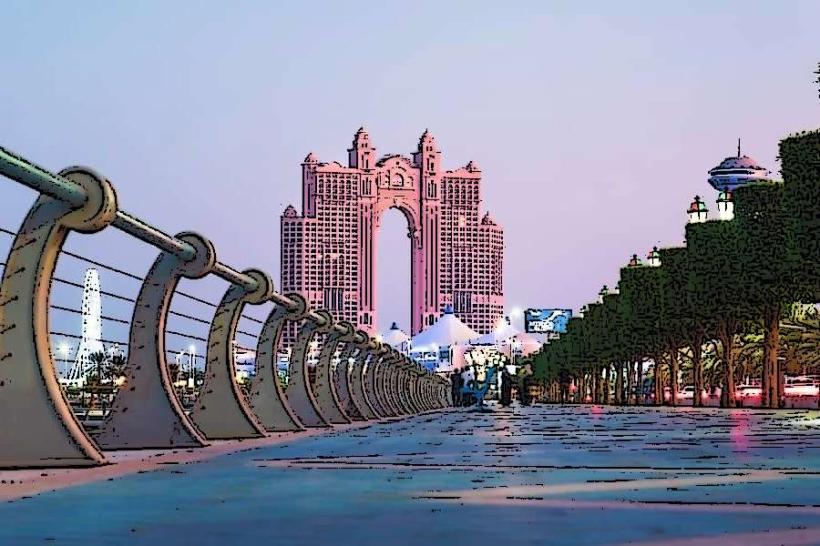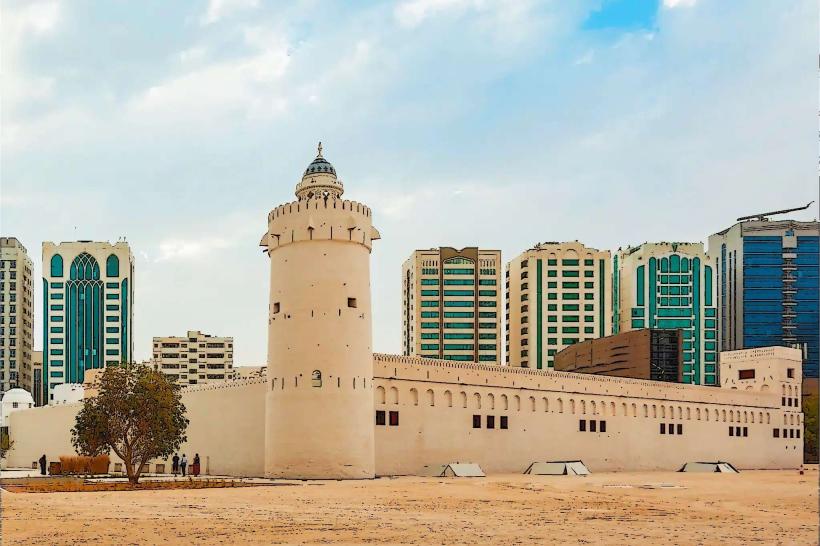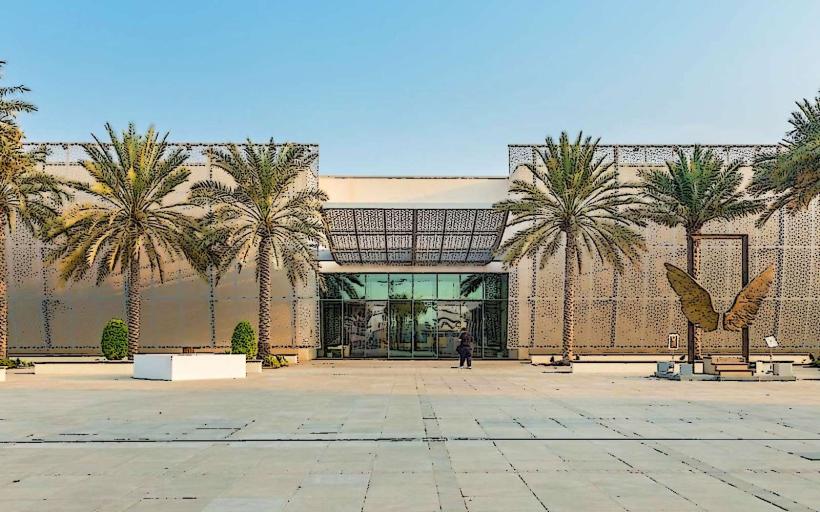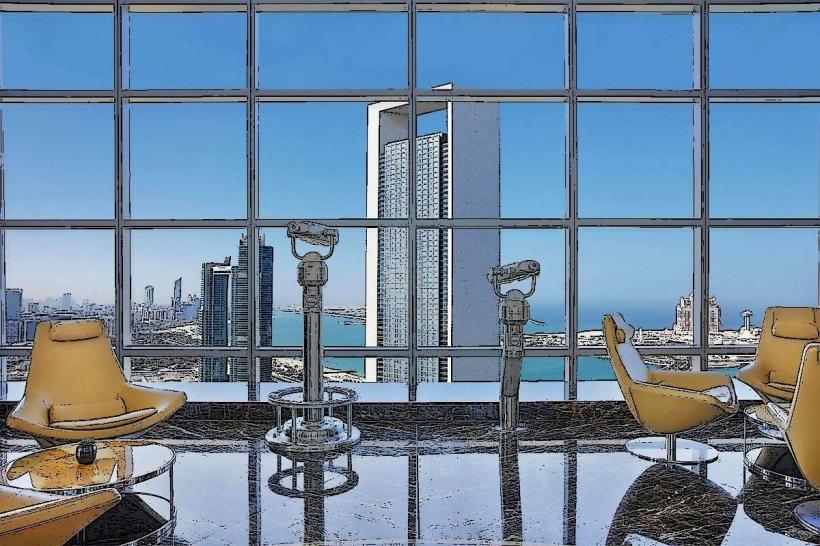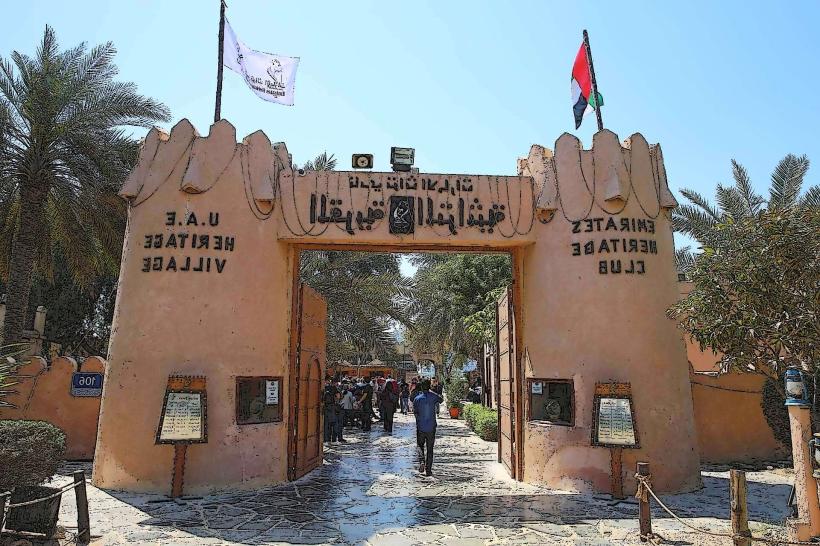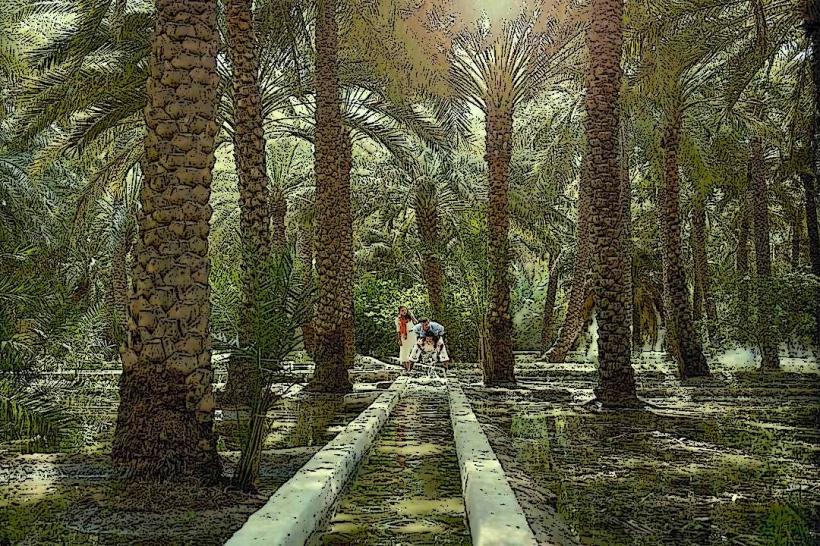Information
Landmark: BAPS Hindu MandirCity: Abu Dhabi
Country: United Arab Emirates
Continent: Asia
BAPS Hindu Mandir, Abu Dhabi, United Arab Emirates , Asia
The BAPS Hindu Mandir is a large Hindu temple located in Abu Dhabi, United Arab Emirates. It is constructed from sandstone and marble.
Visual Characteristics
The temple complex features seven spires, each representing a different emirate of the UAE. The primary construction material is pink sandstone sourced from Rajasthan, India, with white marble used for intricate carvings and decorative elements. The main structure stands approximately 108 feet tall. Architectural influences include traditional Hindu temple design with elements adapted to the local environment.
Location & Access Logistics
The BAPS Hindu Mandir is situated in the Abu Dhabi region, approximately 27 kilometers from the city center. Access is via Sheikh Zayed Bin Sultan Street (E10) and then Al Bahar Street. Ample parking is available on-site for private vehicles. Public transport options include bus routes that service the general area, with a short walk required from the nearest stops.
Historical & Ecological Origin
The foundation stone was laid in April 2019. The temple was inaugurated in February 2024. It was built through the efforts of the Bochasanwasi Shri Akshar Purushottam Swaminarayan Sanstha (BAPS) organization. The purpose is to serve as a place of worship and cultural exchange for the Hindu community and visitors.
Key Highlights & Activities
Visitors can explore the main prayer hall, observe the detailed carvings, and walk through the surrounding gardens. Photography is permitted in designated areas. Educational exhibits detailing the temple's construction and Hindu traditions are available.
Infrastructure & Amenities
Restrooms are available within the complex. Shaded areas are provided in the gardens and walkways. Cell phone signal (4G/5G) is generally strong within the temple grounds. Food vendors are not located within the immediate temple complex, but are available in nearby commercial areas.
Best Time to Visit
The best time of day for photography is early morning or late afternoon to utilize softer lighting. The most favorable months for visiting are from October to April, when temperatures are cooler. The temple is open daily, with specific visiting hours posted on their official channels.
Facts & Legends
The temple is constructed without the use of steel or iron. Over 2,000 Indian artisans and 1,000 volunteers contributed to its construction. A unique feature is the integration of water channels and fountains designed to cool the surrounding environment.
Nearby Landmarks
- Sheikh Zayed Grand Mosque (3.5km Northwest)
- Qasr Al Watan (5km West)
- Emirates Palace Mandarin Oriental (4.8km West)
- Louvre Abu Dhabi (12km Northeast)





